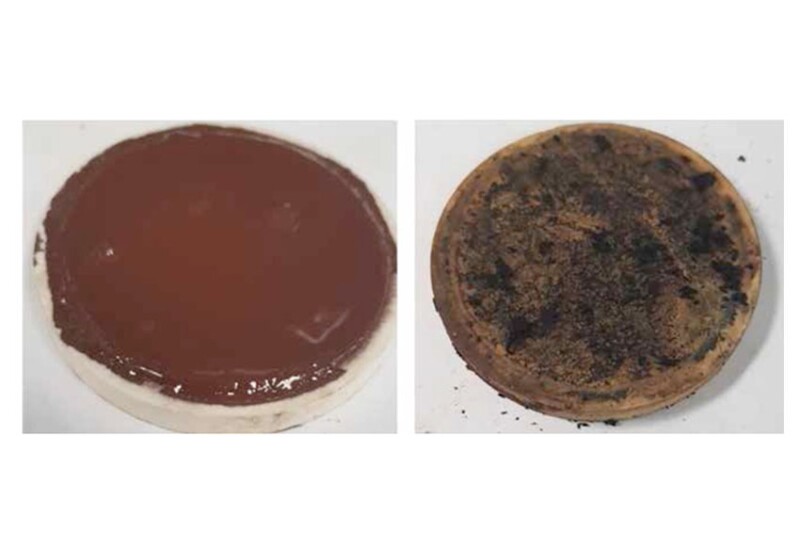The complete paper describes the success of using a new low-equivalent-circulating-density (ECD) organophilic clay-free inverted emulsion fluid (OCIEF) in gas reservoirs at elevated temperatures and with differential pressures up to 4,500 psi. The objective of the paper is to highlight the superior performance of OCIEF over barite-based conventional invert-emulsion drilling fluids and formate-based, water-based drilling fluids in the study. The fluid overcame challenges in such an environment without compromising performance.
Introduction
The new low-ECD OCIEF, using manganese tetroxide as the weighting agent, was developed with an aim to offer improved drilling performance in maturing fields. Its nondamaging nature, the result of the presence of the acid-soluble and micronized manganese tetroxide, would help to complete the well with an openhole design.
In an OCIEF, the organophilic clay and organophilic lignite are replaced by a polymeric viscosifier and a polymeric filtration-control agent, respectively.


